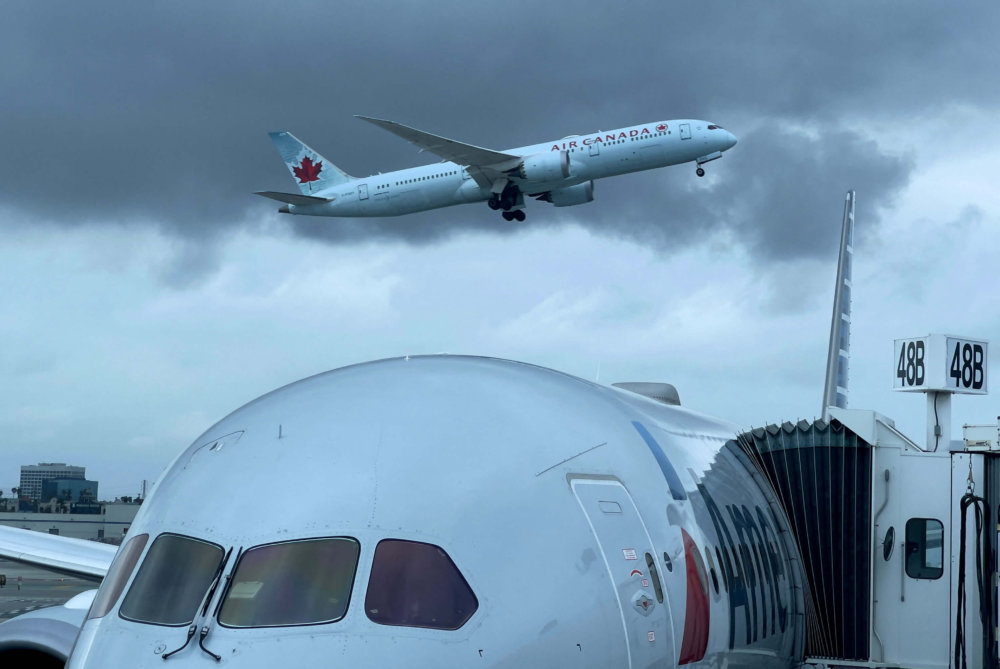
Temporary foreign workers may still work in Canada despite COVID-19 travel restrictions, which provides exemptions for essential travel. This includes Canadians, permanent residents and their families, as well as international students. The opportunity is open to temporary workers across industries, not just healthcare.
On that note, CIC News has outlined how you can come to work in Canada during the pandemic. Here are the main details.
You must undergo a medical exam and quarantine
Temporary foreign workers are still subject to health and safety measures, of course. This includes presenting valid immigration medical exam results as well as completing the mandatory 14-day quarantine. If you did the medical exam some time ago, ensure it’s still valid, or you may be refused entry into the country.

Temporary foreign workers may still fly into Canada for work, as long as they meet certain conditions. Source: Daniel Slim/AFP
There are two types of work permits
To work in Canada, you will first need a letter of introduction. It is also known as the port of entry letter, and it proves your reason to enter the country. Only then can you apply for a work permit.
There are two types of permits: open work permits and closed work permits. Open work permits do not require a job offer, as it enables you to work for any employer in Canada. Examples of open work permits include the three-year Post-Graduate Work Permit and the Bridging Open Work Permit.
Closed work permits, however, allow you to work for one employer or in one occupation only. If you’re applying for this type of permit, you will need a job offer first. Those who will be working with a spouse or common-law partner are exempted.
Your employer should help you apply to work in Canada
Depending on your type of work permit, you may need a Labour Market Impact Assessment (LMIA). This shows immigration that your employer is hiring you to fill an employment gap in Canada. Your employer is therefore responsible for obtaining the LMIA from Employment and Social Development Canada.
They must then give you the LMIA approval letter for you to apply for a work permit. If you’re going to Quebec, you will need the Certificat d’acceptation du Québec instead. Certain groups do not need the LMIA, including those intending to do charity or religious work, start a business, or transfer within a company. Academics, dependents, and provincial nominees are also exempt.
After this step is complete, your employer may formally offer you a temporary position to work in Canada. You are now ready to apply for a work permit.










